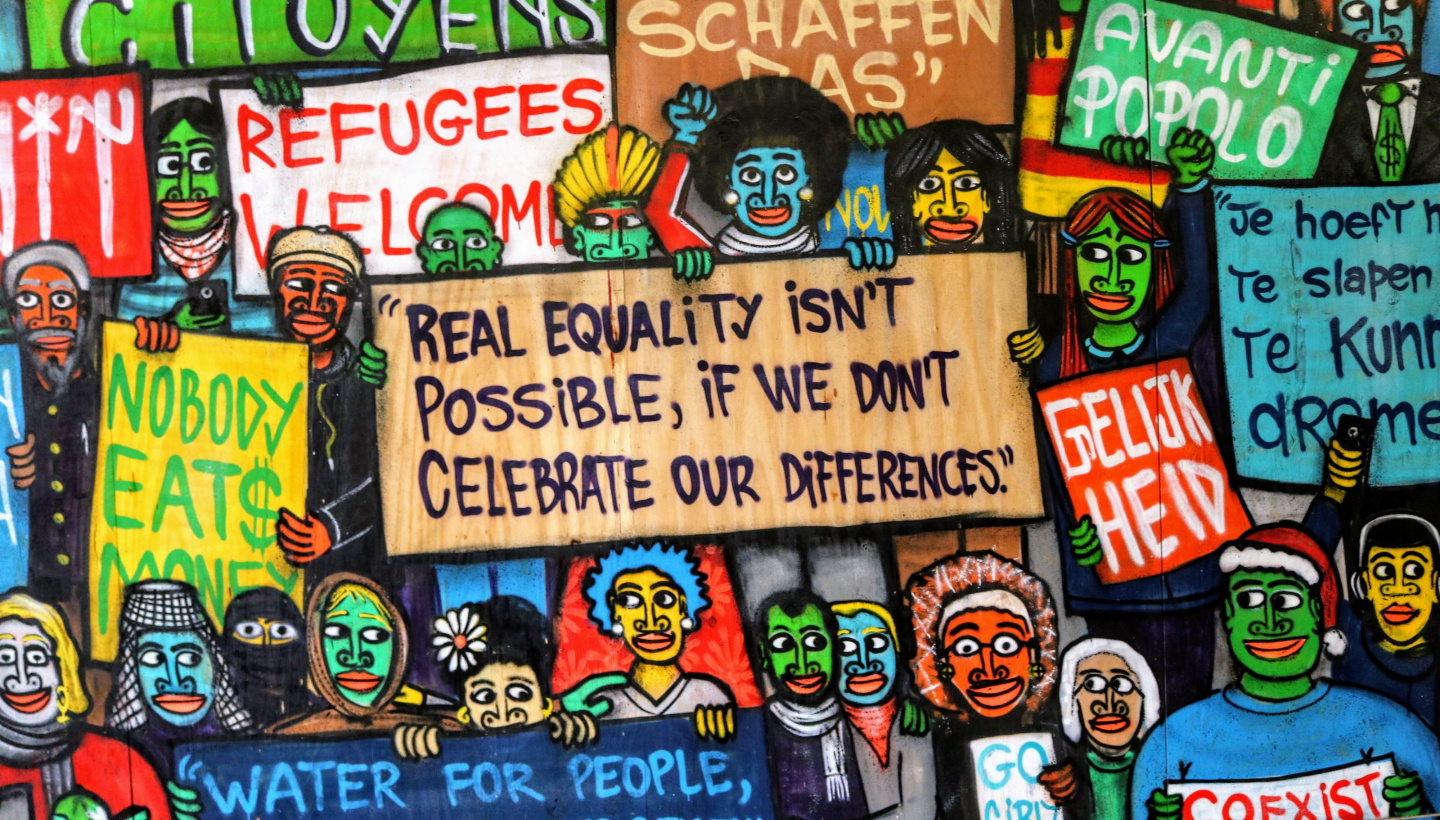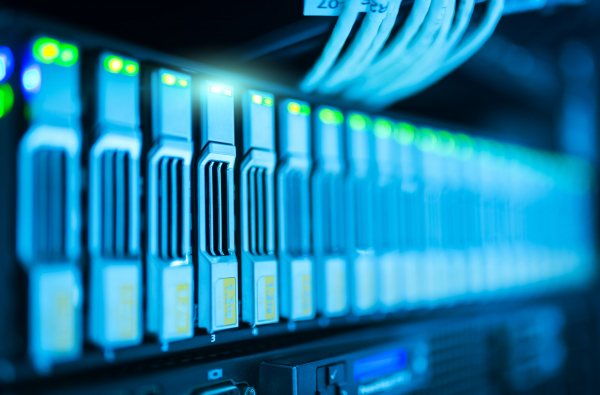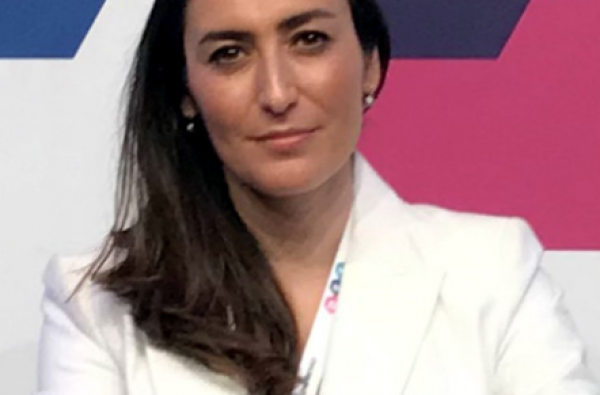Thanks to unconscious biases, humans can make decisions quickly, almost automatically and without using large amounts of energy. The problem arises when some biases are based on prejudices such as racism, sexism or classism, and lead us to discriminate and stereotype the people around us.
What then will happen if we bring those unconscious biases to the basis of an "intelligent thinking" that allows a machine to make decisions? For these prejudices and classifications will escalate into enormous proportions, with a potentially unfortunate impact on society of equal proportions.
Beena Ammanath, an Artificial Intelligence (AI) expert with a long history of solving complex issues in the world of technology, argues that one way to avoid this unwanted future is to incorporate as many academic, racial, and gender perspectives as possible into the design and creation of the foundation for AI that guarantees a healthier and fairer world.
Founder and CEO of Humans For AI, a nonprofit organization focused on increasing diversity in technology, Beena understands that variety of thought and opinion build better products. "While many multinational companies are aware of the importance of having different profiles, many do not know how to achieve that inclusion. And that's why we created Humans For AI, to train more people from different minorities and different social backgrounds in the areas of IA knowledge to become the future leaders, designers and validators of IA-based products.
When it comes to the role of governments, Beena says, "This is a totally different angle. For the most part, those responsible for designing and creating public policy are not experts in IA concepts. And this is where the training of these officials needs to be reinforced so that they can build laws that guarantee an ethical use of AI. He continues, "You don't need a PhD in Machine Learning, but you do need to know the basics and pillars of AI because without them, you won't have the tools to join the conversation on more sensitive issues like privacy and the proper use of data.
Optimistic and enthusiastic, Beena has no hesitation in asserting that AI will lead to a new rebirth of humanity by freeing us from the repetitive tasks that add no value to our lives. And that's why it's so important that we all get involved, that we know the basics and can be part of the conversation about how to design the foundations for responsible AI.
Full interview with Beena Ammanath below:



